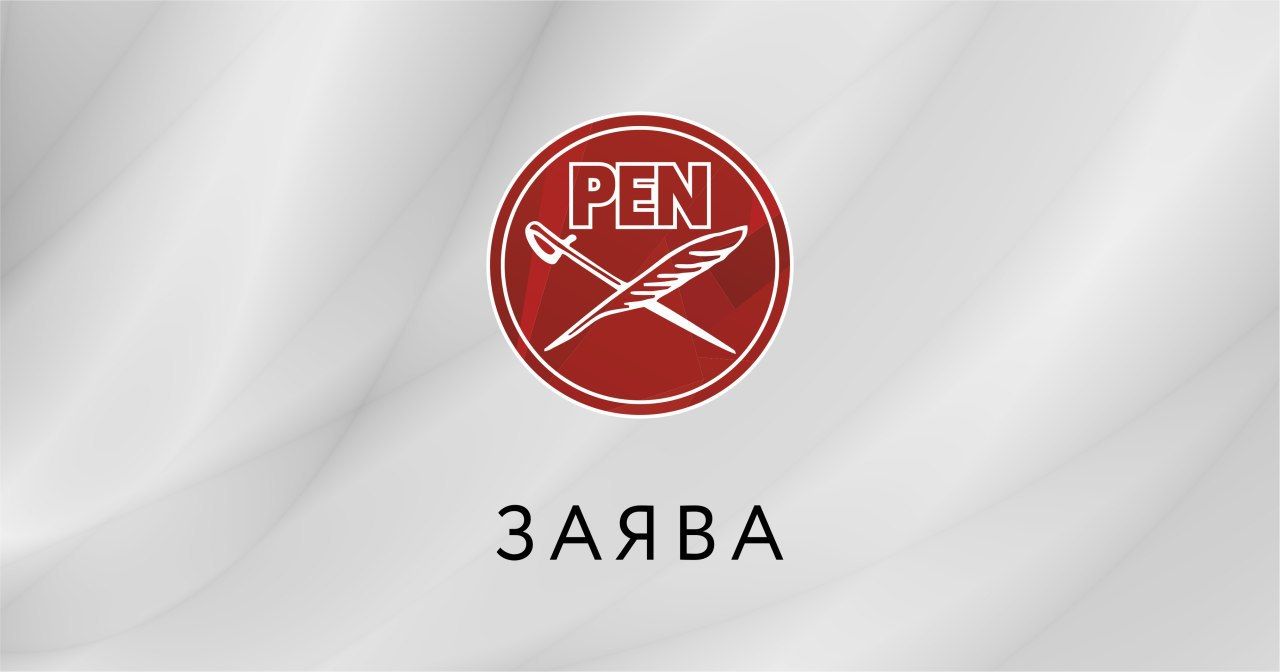
On January 14th, Mazyr district court passed a guilty verdict in the case of 18-year old Mikita Silivon and 17-year old Maksim Kuksachenka, who, as participants of politically motivated protests, were accused of violent resistance to an officer of the Ministry of Internal Affairs under Part 1 of Article 342 and Article 364 of the Criminal Code. The court sentenced them to 18 months of restricted freedom in a penal colony. In this connection, reaffirming our position stated in the joint statement of human rights organizations of January 16, 2021, we note the following:
Citizens’ peaceful assemblies should be protected by the state, and the police should not take actions to forcibly stop them, even if they take place in violation of the procedures for their organization and holding. Violent dispersal of assemblies and the use of physical force, let alone special weapons against protesters should be carried out only as an extreme measure, in cases when the behavior of assembly participants becomes violent and poses a real threat to national and public security, life, and health of citizens.
Disproportionate brutal actions of the police aimed at suppressing peaceful assemblies cannot be considered as a legitimate activity for the protection and preservation of public order, and in cases of violence used by protesters who were provoked by the same police officers, these actions should be considered based on the severity of the injury and intent to cause such harm, as well as seen as justifiable or necessary defense carried out to protect oneself from clearly unlawful actions of law enforcement officers who had followed unlawful orders.
Apart from that, we note that in the politically motivated cases, the authorities apply imprisonment in violation of the right to a fair trial, as well as other rights and freedoms guaranteed by the International Covenant on Civil and Political Rights, discriminating the defendants in comparison with defendants of other analogous cases. In particular, the presumption of innocence was repeatedly violated in regard to the abovementioned defendants, and information was published that defamed them and created an image of them as socially dangerous persons.
We also note the lack of a proper legal assessment of the actions of law enforcement officers throughout Belarus in the aftermath of the August 2020 presidential election. Acts of torture and other forms of ill-treatment against participants in peaceful assemblies and other residents who violated the law during protests have not been fully investigated. This gives the prosecution of those who have violated the law during protests the traits of selectivity.
According to the Guidelines on the Definition of Political Prisoners, violence that was provoked by the initial disproportionate use of physical force, means of restraint, and if there was no intent to cause non-symbolic material damage or harm to anyone in the actions of the accused, provides grounds to hold these individuals to be political prisoners.
In addition, the criminal case of Mikita Silivon and Maksim Kuksachenka was considered in closed session in the absence of legal reasons for that.
All these circumstances give grounds to claim that the persecution of these persons is politically motivated, and the individuals themselves are political prisoners.
Based on this and guided by para. 3.2 (a, b, c, d) of the Guidelines on the Definition of Political Prisoners, we recognize Mikita Silivon and Maksim Kuksachenka as political prisoners and call on the Belarusian authorities to:
- review the sentences passed against these political prisoners, respect their right to a fair trial, eliminate the factors that influenced the decision to sentence these individuals to imprisonment and release them, having ensured their appearance in court by other means;
- release all political prisoners.
Human Rights Center Viasna
Legal initiative
Human Constanta
PEN Belarus
Barys Zvozskau Belarusian Human Rights House
Belarusian Association of Journalists
